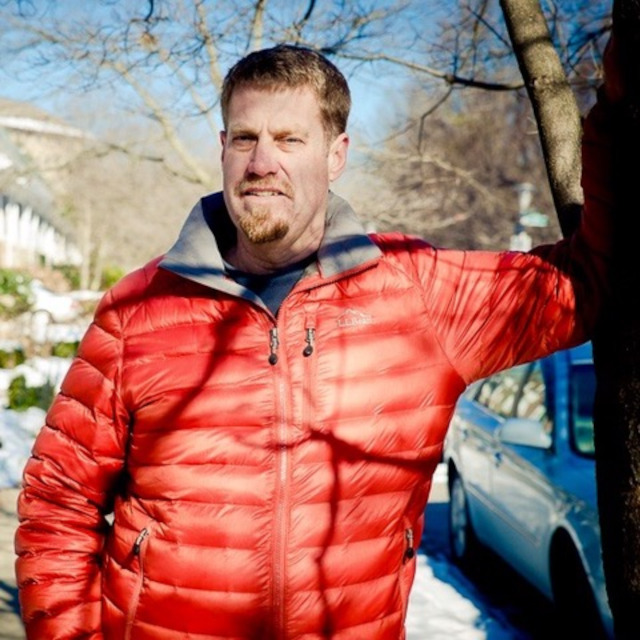Rebuilding Communities with an Urban Wood and Land Restoration Economy

Dr. Grove has spent decades with the USDA Forest Service developing an economy for the reuse of urban wood. His background in forestry and social ecology have helped him increase economic, social, and environmental benefits for urban communities in Baltimore through urban wood reclamation projects. If you’re interested in urban ecology, reuse of resources, and/or economics, you should attend this seminar.
— Lizzy Schattle, MESM 2021
FOREST SUSTAINABILITY FELLOWSHIP PROGRAM SPEAKER
Abstract
In the United States, more wood goes into landfills from urban areas than is harvested from our National Forests. Since 2014, the USDA Forest Service has worked to develop urban wood economies that move urban wood “from waste to wealth.” Key features of this approach are to maximize economic, social, and environmental benefits by reducing costs and increasing profits and revenues. Our work has involved numerous partners and novel financing instruments. In this presentation, we will talk about the development of this effort in Baltimore, MD and its application to other cities in the United States.
Bio
Morgan Grove is a social scientist and Team Leader for the USDA Forest Service's Baltimore Urban Field Station and is a lecturer at Yale University. He joined the USDA Forest Service in 1996 and has been a Co-Principal Investigator in the Baltimore Ecosystem Study (BES) since its beginning in 1997. Morgan is the lead author for The Baltimore School of Urban Ecology: Space, Scale, and Time for the Study of Cities, which advances a new school of urban ecology for the 21st century. He co-edited a companion book, Science for the Sustainable City: Empirical Insights from the Baltimore School of Urban Ecology. Morgan has a B.A. from Yale College with a dual degree in Architecture and Environmental Studies, a M.F.S. in Community Forestry from Yale University and a Ph.D. in Social Ecology from Yale University.